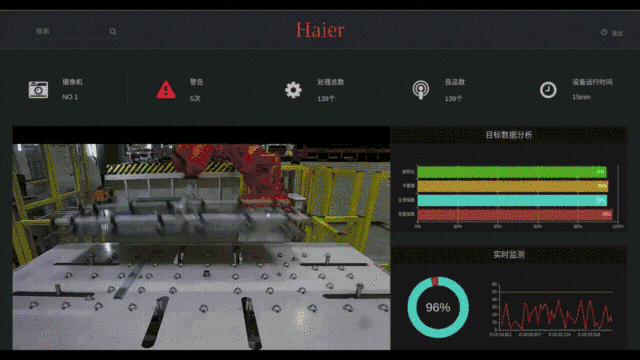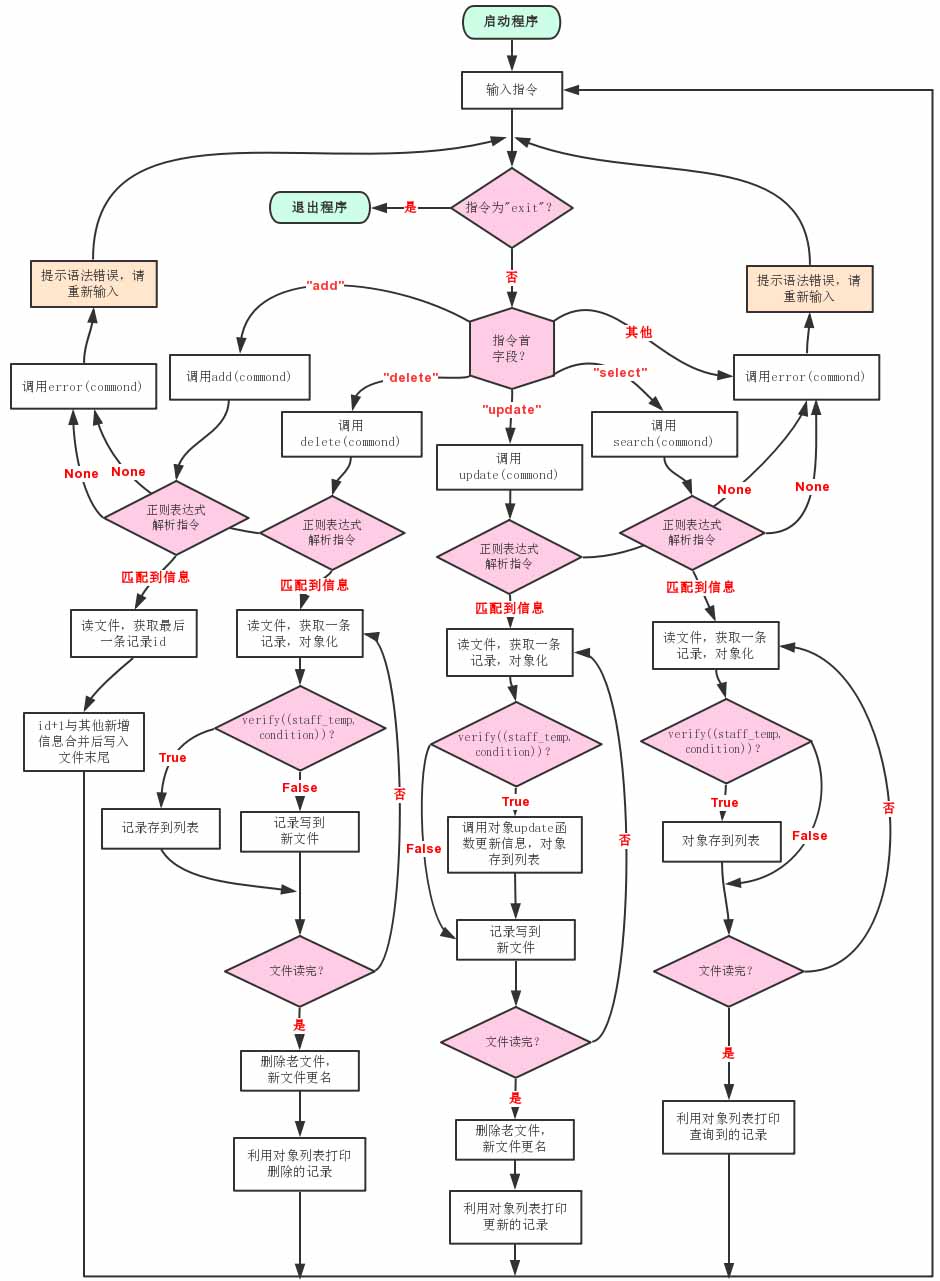Python中使用bidict模块双向字典结构的奇技淫巧
快速入门
模块提供三个类来处理一对一映射类型的一些操作
'bidict', 'inverted', 'namedbidict'
>>> import bidict >>> dir(bidict) ['MutableMapping', '_LEGALNAMEPAT', '_LEGALNAMERE', '__builtins__', '__doc__', '__file__', '__name__', '__package__', 'bidict', 'inverted', 'namedbidict', 're', 'wraps']
1.bidict类:
>>> from bidict import bidict
>>> D=bidict({'a':'b'})
>>> D['a']
'b'
>>> D[:'b']
'a'
>>> ~D #反转字典
bidict({'b': 'a'})
>>> dict(D) #转为普通字典
{'a': 'b'}
>>> D['c']='c' #添加元素,普通字典的方法都可以用
>>> D
bidict({'a': 'b', 'c': 'c'})
2.inverted类,反转字典的键值
>>> seq = [(1, 'one'), (2, 'two'), (3, 'three')]
>>> list(inverted(seq))
[('one', 1), ('two', 2), ('three', 3)]
3.namedbidict(mapname, fwdname, invname):
>>> CoupleMap = namedbidict('CoupleMap', 'husbands', 'wives')
>>> famous = CoupleMap({'bill': 'hillary'})
>>> famous.husbands['bill']
'hillary'
>>> famous.wives['hillary']
'bill'
>>> famous.husbands['barack'] = 'michelle'
>>> del famous.wives['hillary']
>>> famous
CoupleMap({'barack': 'michelle'})
更多内容
如果你不喜欢冒号的方式,可以使用namedbidict类给双向字典起2个别名。这样对外会提供正向和逆向的2个子字典。实际上还是以一个双向 字典的形式存在:
>>> HTMLEntities = namedbidict('HTMLEntities', 'names', 'codepoints')
>>> entities = HTMLEntities({'lt': 60, 'gt': 62, 'amp': 38}) # etc
>>> entities.names['lt']
60
>>> entities.codepoints[38]
'amp'
还可以使用一元的逆运算符"~"获取bidict逆映射字典。
>>> import bidict
>>> from bidict import bidict
>>> husbands2wives = bidict({'john': 'jackie'})
>>> ~husbands2wives
bidict({'jackie': 'john'})
以下情况注意添加括号,因为~的优先级低于中括号:
>>> import bidict
>>> from bidict import bidict
>>> husbands2wives = bidict({'john': 'jackie'})
>>> ~husbands2wives
bidict({'jackie': 'john'})
以下情况注意添加括号,因为~的优先级低于中括号:
>>> (~bi)['one'] 1
bidict不是dict的子类,但它的API的是dict的超集(但没有fromkeys方法,改用了MutableMapping接 口)。
迭代器类inverted会翻转key和value,如:
>>> seq = [(1, 'one'), (2, 'two'), (3, 'three')]
>>> list(inverted(seq))
[('one', 1), ('two', 2), ('three', 3)]
bidict的invert()方法和inverted类似。依赖模块:collections中的MutableMapping,functools中的wraps,re。
bidict可以和字典进行比较
>>> bi == bidict({1:'one'})
>>> bi == dict([(1, 'one')])
True
其他字典通用的方法,bidict也支持:
>>> bi.get('one')
1
>>> bi.setdefault('one', 2)
1
>>> bi.setdefault('two', 2)
2
>>> len(bi) # calls __len__
2
>>> bi.pop('one')
1
>>> bi.popitem()
('two', 2)
>>> bi.inv.setdefault(3, 'three')
'three'
>>> bi
bidict({'three': 3})
>>> [key for key in bi] # calls __iter__, returns keys like dict
['three']
>>> 'three' in bi # calls __contains__
True
>>> list(bi.keys())
['three']
>>> list(bi.values())
[3]
>>> bi.update([('four', 4)])
>>> bi.update({'five': 5}, six=6, seven=7)
>>> sorted(bi.items(), key=lambda x: x[1])
[('three', 3), ('four', 4), ('five', 5), ('six', 6), ('seven', 7)]

